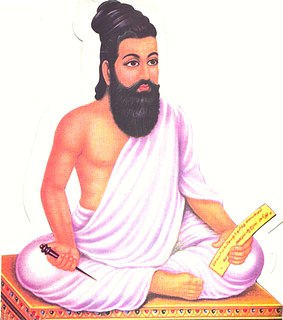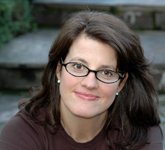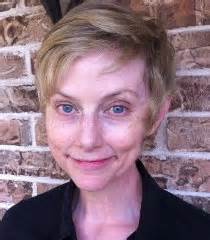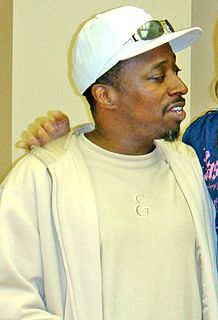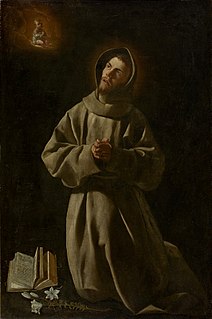A Quote by Jon Stewart
We called her Mother Earth. Because she gave birth to us, and then we sucked her dry.
Related Quotes
It's funny. When we were alive we spent much of our time staring up at the cosmos and wondering what was out there. We were obsessed with the moon and whether we could one day visit it. The day we finally walked on it was celebrated worldwide as perhaps man's greatest achievement. But it was while we were there, gathering rocks from the moon's desolate landscape, that we looked up and caught a glimpse of just how incredible our own planet was. Its singular astonishing beauty. We called her Mother Earth. Because she gave birth to us, and then we sucked her dry.
In my mind, I gave the woman gifts. I gave her a candle stub. I gave her a box of wooden kitchen matches. I gave her a cake of Lifebuoy soap. I gave her a ceilingful of glow-in-the-dark planets. I gave her a bald baby doll. I gave her a ripe fig, sweet as new wood, and a milkdrop from its stem. I gave her a peppermint puff. I gave her a bouquet of four roses. I gave her fat earthworms for her grave. I gave her a fish from Roebuck Lake, a vial of my sweat for it to swim in.
She would try to relieve the pain of love by first roughly rubbing her dry lips against mine; then my darling would draw away with a nervous toss of her hair, and then again come darkly near and let me feed on her open mouth, while with a generosity that was ready to offer her everything, my heart, my throat, my entrails, I gave her to hold in her awkward first the scepter of my passion.
In her dance, she controlled the bright paper birds with invisible wires and threads. She played the human: heavy, tied to earth. Her dances weren't pretty or delightful, but they were magical, [...] They called her a dancer and a puppeteer and an artist. They might have called her a witch, and not the good kind either.
She sat leaning back in her chair, looking ahead, knowing that he was as aware of her as she was of him. She found pleasure in the special self-consciousness it gave her. When she crossed her legs, when she leaned on her arm against the window sill, when she brushed her hair off her forehead - every movement of her body was underscored by a feeling the unadmitted words for which were: Is he seeing it?
Lara walked along the tracks following a path worn by pilgrims and then turned into the fields. Here she stopped and, closing her eyes, took a deep breath of the flower-scented air of the broad expanse around her. It was dearer to her than her kin, better than a lover, wiser than a book. For a moment she rediscovered the purpose of her life. She was here on earth to grasp the meaning of its wild enchantment and to call each thing by its right name, or, if this were not within her power, to give birth out of love for life to successors who would do it in her place.
One thing I did have under my belt was, my mother lost her mother when she was 11. She mourned her mother her whole life and made my grandmother seem present even though I never met her. I couldn't imagine how my mom could go on but she did, she took care of us, she worked two jobs and had four children. She was such a good example of how to conduct oneself in a time of grief. When I lost my husband, I tried to model myself as much as I could on her.
[Keeping kosher was] the symbol of an initiation, like the insignia of a secret brotherhood, that set her apart and gave her freedom and dignity. Every law whose yoke she accepted willingly seemed to add to her freedom: she herself had chosen . . . To enter that brotherhood. Her Judaism was no longer a stigma, a meaningless accident of birth from which she could escape . . . It had become a distinction, the essence of her self-hood, what she was, what she wanted to be, not merely what she happened to be.
The good enough mother, owing to her deep empathy with her infant, reflects in her face his feelings; this is why he sees himselfin her face as if in a mirror and finds himself as he sees himself in her. The not good enough mother fails to reflect the infant's feelings in her face because she is too preoccupied with her own concerns, such as her worries over whether she is doing right by her child, her anxiety that she might fail him.


